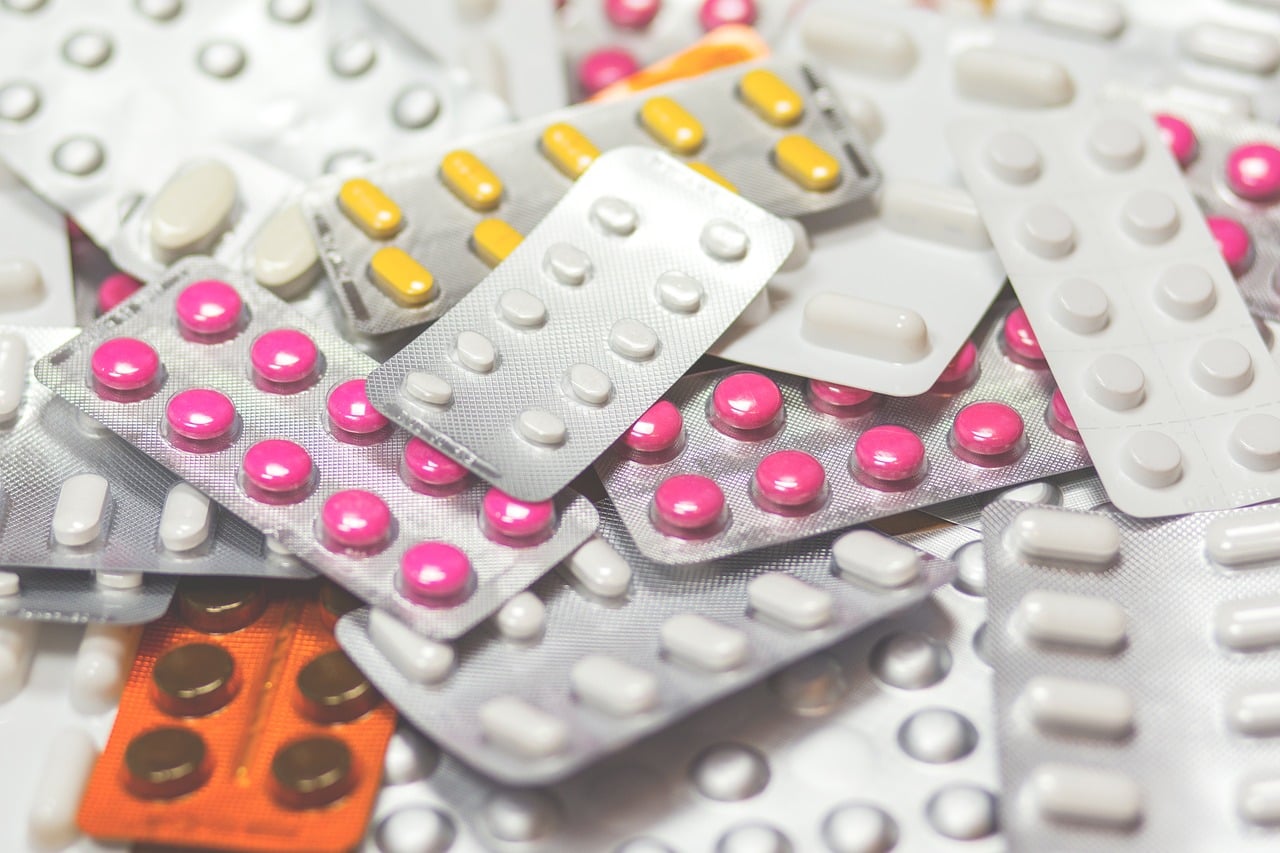Pharma is one of the most lucrative businesses out there. According to GlobalData, the worldwide pharmaceutical market was worth $952.5 billion in 2018. Pharmaceutical companies collectively spend over $100 billion every year on research & development to bring new treatments to patients. The US FDA approved 55 novel drugs in 2018. Here we take a look at the top 10 largest pharma companies in the world in terms of revenue.
These are the largest pharma companies in the world
The global pharma industry is expected to keep growing in the near future as companies launch innovative drugs to combat critical diseases and medical conditions. The increasing focus on healthcare in emerging markets across Asia, Africa, and South America will also drive growth in the coming years.
The ranking below is based on revenues generated by leading pharma companies in 2018. We have taken into account only revenues from the pharmaceutical segment of the companies. For instance, Johnson & Johnson’s total revenue in 2018 was $81.6 billion, but only $40.7 billion of it came from the pharmaceutical segment. So, it’s been ranked based on its pharma revenue of $40.7 billion.
Another example is the German chemical and pharmaceutical giant Bayer AG, which posted $45.3 billion revenue in 2018. That’s enough to put it among the world’s ten largest pharmaceutical companies. But only $19.1 billion of its 2018 revenue came from the pharmaceutical segment, which is not enough to earn it a place among the top ten. It generates more than half of its revenue from consumer care, animal health, and crop science businesses.
10- Bristol-Myers Squibb
New York-based Bristol-Myers Squibb posted revenues of $22.56 billion in 2018, up from $20.78 billion in 2017. It makes prescription drugs and biologics in many therapeutic areas including diabetes, cardiovascular diseases, oncology, hepatitis, and psychiatric disorders. It is currently in the process of acquiring Celgene in a $74 billion deal, one of the biggest acquisitions in the pharmaceutical industry ever.
9- GlaxoSmithKline
London-based GlaxoSmithKline was formed in 2000 following the merger of Glaxo Wellcome and SmithKline Beecham. The company posted revenue of $43.14 billion 2018, but only $23 billion of it came from the pharma segment. The consumer products and vaccines business contributed the remaining portion of its total revenue. GSK has a strong portfolio of innovative drugs such as Avodart, Trivicay, Advair, Flovent, and Lovaza. GSK has acquired US-based Tesaro to strengthen its oncology portfolio.
8- Amgen
Amgen posted revenues of $23.7 billion in 2018. Founded in 1980, Amgen has built a strong portfolio of innovative drugs such as Repatha, Prolia, Neulasta, Neupogen, Enbrel, and Epogen. It focuses mainly on oncology, cardiovascular diseases, autoimmune diseases, and neuroscience.
7- AbbVie
The US-based AbbVie is an innovative pharmaceutical manufacturer specializing in oncology, immunology, and virology. It was formed in 2013 when Abbott Laboratories split itself into two entities, spinning off AbbVie. It posted revenues of $32.75 billion in 2018, up from $28.22 billion in 2017. The company has several promising drugs in the pipeline including Upadacitinib, which is used to treat atopic dermatitis. Its most notable drugs are Humira, Imbruvica, Venclexta, and Zinbryta.
6- Novartis
The Swiss pharma major generated revenues of $51.90 billion in 2018. Of that, $34.9 billion came from its pharmaceutical business. Novartis also sells consumer care and animal health products. It spends close to 20% of its revenue on research & development. Its portfolio includes popular drugs like Diovan, Exforge, Gilenya, Lucentis, and Gleevec. Novartis is currently in the process of spinning off its Alcon eye-care devices business into a separate entity to focus on its core pharma business.
5- Merck & Co
Founded in 1891, Merck & Co is one of the world’s largest pharma companies with revenues of $39.7 billion in 2018. Its total revenue was $42.3 billion, up 5% from the previous year. Its key products are Keytruda, Gardasil, Singulair, and Propecia. It develops drugs, biologics, and vaccines in therapeutic areas such as oncology, cardiovascular, and endocrinology. It has received FDA approval for Zerbaxa and Belsomara.
4- Sanofi
French pharmaceutical giant Sanofi is one of the only two companies in this list that witnessed a decline in their 2018 revenues compared to the previous year. Sanofi posted revenues of $39.7 billion in 2018, down from $42.9 billion in 2017. It develops and markets drugs in seven therapeutic areas – diabetes, cardiovascular, internal medicine, central nervous system, oncology, vaccines, and thrombosis.
3- Johnson & Johnson
Johnson & Johnson has three major segments: pharmaceutical, medical devices, and consumer products. The company posted revenues of $81.6 billion in 2018, up from $76.5 billion in 2017. The pharmaceutical division contributed $40.7 billion to its total revenue while the medical devices division generated $27 billion. Its pharma segment develops and markets treatments in oncology, immunology, infectious diseases, and neuroscience.
2- Hoffmann-La Roche
Commonly known as Roche, the Swiss major generated $56.86 billion revenue in 2018, down slightly from $57.37 billion in 2017. It has two divisions – pharmaceuticals and diagnostics, with the pharma division contributing $45.6 billion to its 2018 revenue. Roche announced in February 2019 that it would acquire gene therapeutics company Spark Therapeutics for $4.3 billion. Its portfolio includes Ocrevus, Hemlibra, Perjeta, Herceptin, Rituxan, and Avastin.
1- Pfizer
Pfizer is the world’s largest pharma company by revenue, generating $53.60 billion in 2018. Its portfolio covers multiple therapeutic areas including oncology, immunology, cardiology, neurology, and endocrinology. Some of its most successful drugs are Celebrex, Viagra, Lipitor, Diflucan, and Lyrica. In December 2018, Pfizer announced that it would merge its consumer healthcare division with that of GlaxoSmithKline. The new venture is called GSK Consumer Healthcare, in which Pfizer holds a 32% stake.





